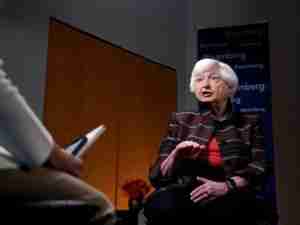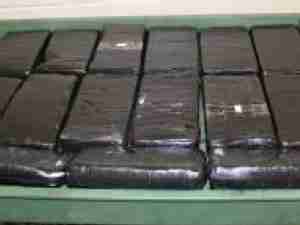Brazil posts first trade surplus in three months
By: Reuters | Apr 01 2014 at 06:12 PM | International Trade
Brazil posted a trade surplus of $112 million in March, recovering after two straight monthly deficits but still well below historical levels.
Brazil's trade balance has been hit hard by rising fuel imports and a drop in the price of iron ore and some other key exports. A sharp depreciation of the Argentinian peso has also curbed manufacturing exports to the neighboring country.
The surplus was in line with market expectations of $100 million, according to the median forecast of 19 analysts surveyed by Reuters. The country posted a deficit of $2.13 billion in February.
The commodities exporter posted a surplus of $162.6 million in March of 2013, but from 2002 till 2012 its trade surplus averaged $2 billion for that month.
The shrinking trade surplus is eroding Brazil's external balance, raising the current account gap to 3.69 percent of GDP in February from 2.82 percent in February of 2013. Last year's current account deficit was the biggest since 2001.
A worsening trade balance is a serious challenge for Brazil. The country is struggling with weaker demand for its exports due to a still-subdued global economy, and low productivity among Brazilian manufacturers has made their products less competitive against those of foreign rivals.
While the real slid more than 13 percent against the dollar last year, the weaker currency has done little to significantly bolster exports. The weaker real has raised the prices of imports, but Brazilians continue to snap them up at a rapid pace.
Total exports in March dropped nearly 9 percent from the same month in 2013. Imports also dropped at a similar pace during the same period.
In 2013, Brazil posted its smallest trade surplus in more than a decade as imports of fuel and consumer goods gained speed while exports eased. (Reuters)








